As more people become conscious of reducing their carbon footprint and minimising the impact of fossil fuels on the environment, electric vehicles (EVs) are gaining popularity. In the UK, EV adoption has been growing rapidly, and the government has set ambitious targets to phase out the sale of new petrol and diesel cars by 2030. In this blog post, we take a closer look at the state of electric vehicles in the UK.
How many electric vehicles are out there?
In recent years, the UK has seen a steady increase in the
number of electric vehicles on its roads. According to the Society of Motor Manufacturers and Traders
(SMMT), over 100,000 EVs were registered in the UK in 2021, which represents a
91.2% increase from the previous year. Electric cars now account for around 7%
of all new car sales in the UK, with the most popular models being the Tesla
Model 3, Volkswagen ID.3, and the Nissan Leaf.
Is charging infrastructure accessible?
One of the main challenges to EV adoption is the
availability of charging infrastructure. Fortunately, the UK government has
been investing in expanding the charging network. As of 2021, there were more
than 26,000 charging points across the country, including over 5,000 rapid
chargers. Rapid chargers can charge an EV battery to 80% in just 30 minutes,
making them ideal for long journeys.
In addition to government efforts, private companies and
local councils are also investing in charging infrastructure. For example,
Shell has partnered with Waitrose supermarkets to install EV chargers in their
car parks, while Transport for London has installed more than 300 rapid
charging points across the city.
How is the UK Government supporting EVs?
The UK government has set ambitious targets to phase out the
sale of new petrol and diesel cars by 2030. To support this transition, the
government offers several incentives to encourage the purchase of EVs. These
include a plug-in car grant of up to £2,500 for eligible vehicles, a reduced
rate of vehicle tax for zero-emission cars, and exemption from the London
congestion charge. In addition, the government has also announced plans to
invest £500 million in EV charging infrastructure over the next five years.
What are the environmental benefits?
One of the main reasons for the growing popularity of EVs is
their environmental benefits. EVs produce no tailpipe emissions, which means
they do not contribute to local air pollution. They also produce less
greenhouse gas emissions than petrol or diesel cars, even when considering the
emissions from generating electricity to power them.
In addition to the environmental benefits, EVs can also save
drivers money in the long run. EVs have lower running costs than petrol or
diesel cars, with electricity being cheaper than fossil fuels. They also
require less maintenance, as they have fewer moving parts and do not need oil
changes.
What does this mean for the future of EVs?
Electric vehicles are becoming an increasingly popular
choice for UK drivers, and with government support and investment in charging
infrastructure, their adoption is likely to continue to grow. As we look
towards a future with cleaner air and reduced greenhouse gas emissions, EVs are
an important part of the solution.
Looking for EV charger installation?
We’d be more than happy to help! Our friendly team are always on
hand to answer any questions you may have. Get in touch here or call us on
01980 625449 today to chat with our experts.

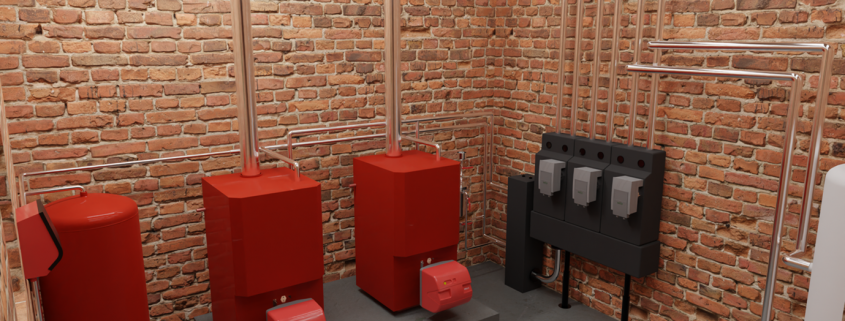

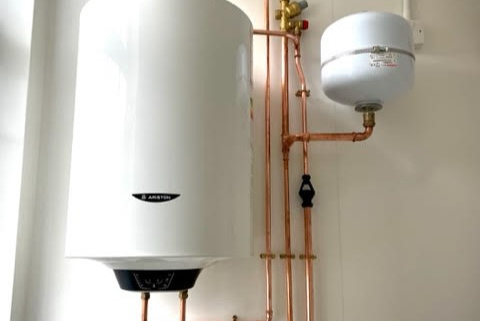

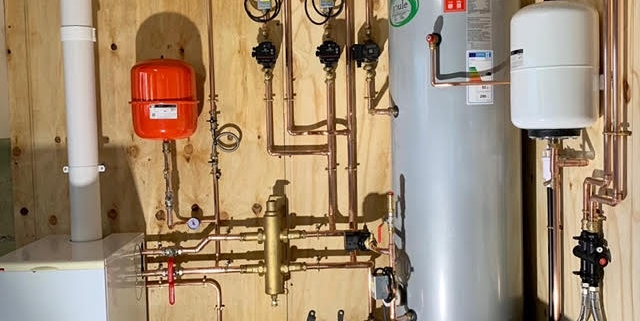




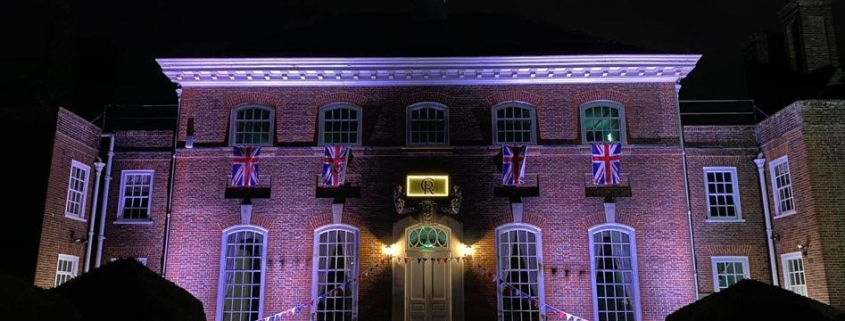


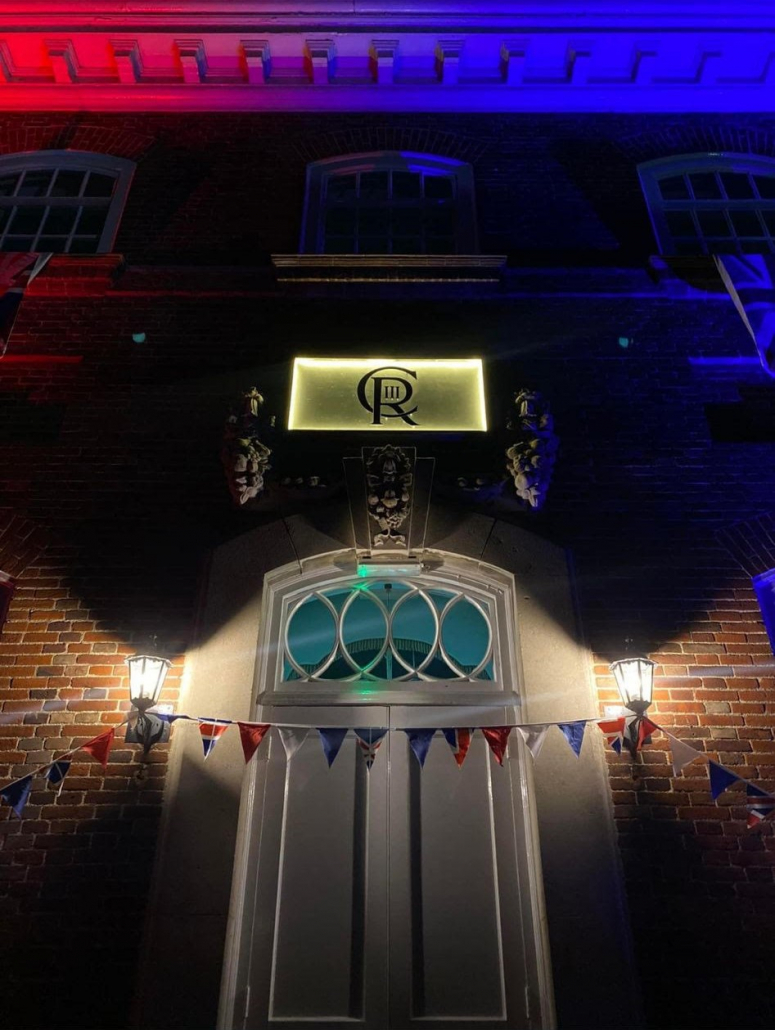




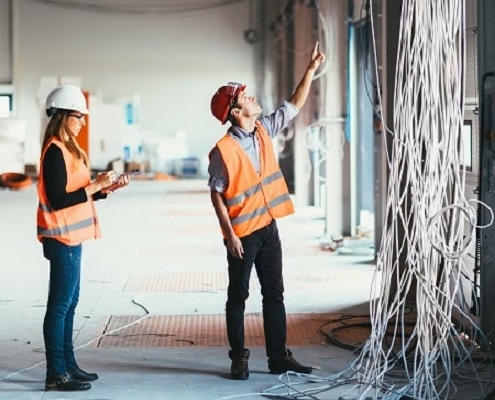

Reflections on the last 20 years – Q&A with Kris Quinn
Hints & Tips For Apprentices/School Leavers
Derek Barclay enters 10th year at Quinns M&E